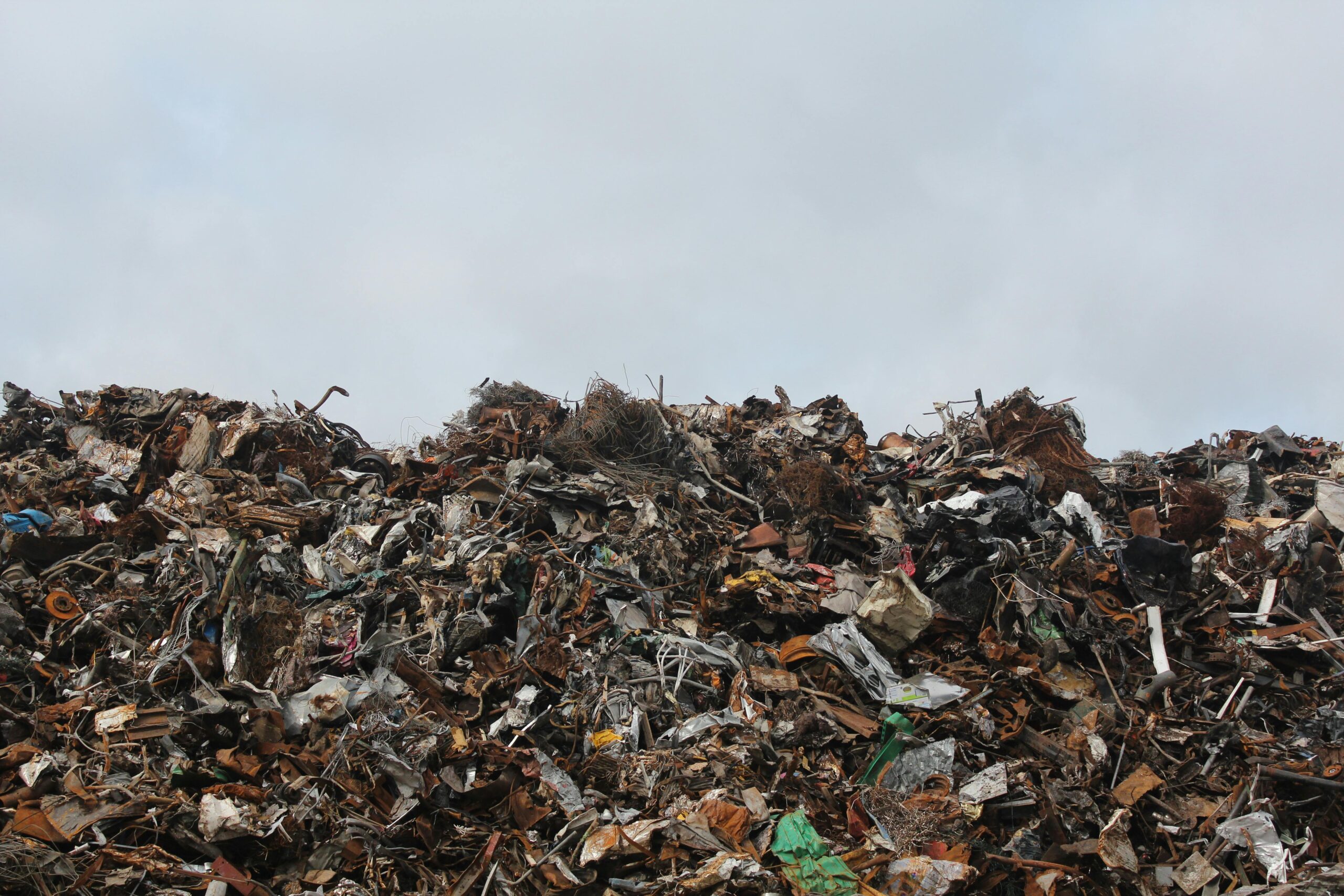Top 5 Smart Ways to Achieve a Kalorienüberschuss in 2025: Boost Your Gains!

Understanding Kalorienüberschuss and Its Importance
Achieving a Kalorienüberschuss is essential for those looking to increase their body weight, especially for individuals aiming for Muskelaufbau or weight gain in a healthy manner. It signifies consuming more calories than your body burns, which is a fundamental principle of weight gain. Understanding this process is vital for developing effective Diätstrategien and Essgewohnheiten.
The benefits of maintaining a caloric surplus are numerous. It not only aids in building muscle but also contributes to enhancing performance in various sports. However, it’s crucial to focus on the quality of calories consumed, prioritizing gesunde Fette and Eiweißreiche Lebensmittel to ensure that the weight gain translates into muscle and not just fat.
This article will explore effective strategies that can help you achieve and maintain a caloric surplus in 2025. We will delve into practical methods, the importance of macronutrients, effective meal planning, and discuss common pitfalls to avoid along the way.
Creating a Balanced Nutritional Plan for Kalorienüberschuss
Building on the significance of caloric surplus, having a structured approach to your nutrition is vital. A balanced nutritional plan should incorporate a detailed understanding of your Kalorienbedarf, helping you accurately track your caloric intake versus your expenditure.
Understanding Your Kalorienbedarf
To begin, utilizing a Kalorienrechner can significantly aid in determining your daily caloric needs based on your activity level, age, gender, and fitness goals. Once established, you can personalize your meal plan to ensure you consistently exceed this caloric requirement.
Focus on Macronutrients
Equally important is the focus on Makronährstoffe—carbohydrates, proteins, and fats. Striving for a diet rich in these nutrients will ensure muscle repair and growth post-exercise, aiding in achieving a sustainable caloric surplus without compromising health.
Meal Preparation Strategies
Effective meal preparation involves devising a week-long menu that incorporates high-calorie meals in an organized manner. Utilizing Essensvorbereitung techniques, like batch cooking or pre-portioned snacks, can simplify maintaining your caloric surplus, particularly on busier days.
Incorporating High-Calorie Foods into Your Diet
With these basics established, let’s explore specific food choices that can accelerate your journey to a Gewichtszunahme.
Best High-Calorie Food Choices
Incorporating nutrient-dense, high-calorie foods into your diet can help you reach your caloric goals faster. Opt for foods such as avocados, nuts, and seeds that are rich in gesunde Fette. Similarly, consider adding pasta, rice, and whole-grain breads, which provide ample calories while also being versatile in meals.
Snacking Smartly
Smart snacking can dramatically increase daily caloric intake without feeling overly full. Integrate healthy snacks like trail mix, cheese, or protein bars into your routine. These are excellent ways to sneak in calories, especially between meals.

Utilizing Protein Shakes
Incorporating protein shakes is an effective technique to boost caloric intake. They offer an easy-to-make, satiating option packed with valuable nutrients that facilitate muscle recovery and support Sporternährung.
Monitoring Progress and Making Adjustments
Following your caloric intake, it’s crucial to monitor your progress and adjust accordingly. Many people are unaware of how their lifestyle can affect their Kalorienverbrauch, impacting their ability to maintain a surplus.
Tracking Your Intake
Using a fitness journal or an app for Kalorientracking can help you keep tabs on your daily consumption. Analyzing this data can reveal patterns, enabling necessary adjustments to your meal plan.
Adjusting Based on Results
Results will dictate whether you need to increase or decrease your caloric intake. If you’re gaining weight too quickly, slight modifications to food portions or food choices can help stabilize your progress and ensure health-focused growth.
Avoiding Common Pitfalls in Kalorienüberschuss
This naturally leads us to discuss challenges encountered while trying to maintain a caloric surplus.
Overeating Unhealthy Foods
Many may fall into the trap of consuming >empty calories from junk food. While these foods can help achieve a caloric surplus quickly, they lack essential nutrients required for muscle building and overall health.
Lack of Meal Variety
Sticking to the same meals can result in nutrient deficiencies, hindering muscle growth. Ensure you diversify your meals, incorporating a range of gesunde Kalorienquellen to meet varying nutrient needs effectively.
Neglecting Exercise
Lastly, many assume that increasing caloric intake allows for less activity; however, regular exercise is crucial. It helps maintain a balanced metabolism and promotes healthy weight gain.
Conclusion: Steps to Achieve a Sustained Kalorienüberschuss
In summary, maintaining a successful Kalorienüberschuss involves understanding your caloric needs, making smart food choices, monitoring your intake, and avoiding common dietary pitfalls. Prioritize nutrient-dense foods, embrace various meal strategies, and ensure regular physical activity to sustain your gains effectively.
Q&A Section: Expert Recommendations
What foods should I focus on for Kalorienüberschuss?
Concentrate on nutrient-dense foods such as avocados, nuts, nut butters, legumes, and whole grains. These foods not only provide the necessary calories but are also packed with essential nutrients that support overall health.
How do I calculate my daily caloric needs?
Utilize an online Kalorienrechner that factors in your age, weight, height, and activity level. This tool will help you establish a baseline for your caloric intake.
Can I achieve a Kalorienüberschuss without traditional meals?
Absolutely! Incorporating smoothies, protein shakes, and high-calorie snacks can significantly assist in reaching your caloric goals without relying solely on traditional meals.
How often should I adjust my caloric intake?
Regular assessments of your weight and body composition are necessary. If you notice a stagnation in gaining weight or muscle, adjusting your caloric intake every few weeks would be ideal to ensure continued progress.
Is it essential to track every calorie?
While it can be helpful, precision in tracking isn’t necessary for everyone. Some find success by simply focusing on including more nutrient-dense foods in their diets rather than obsessively counting every calorie.
